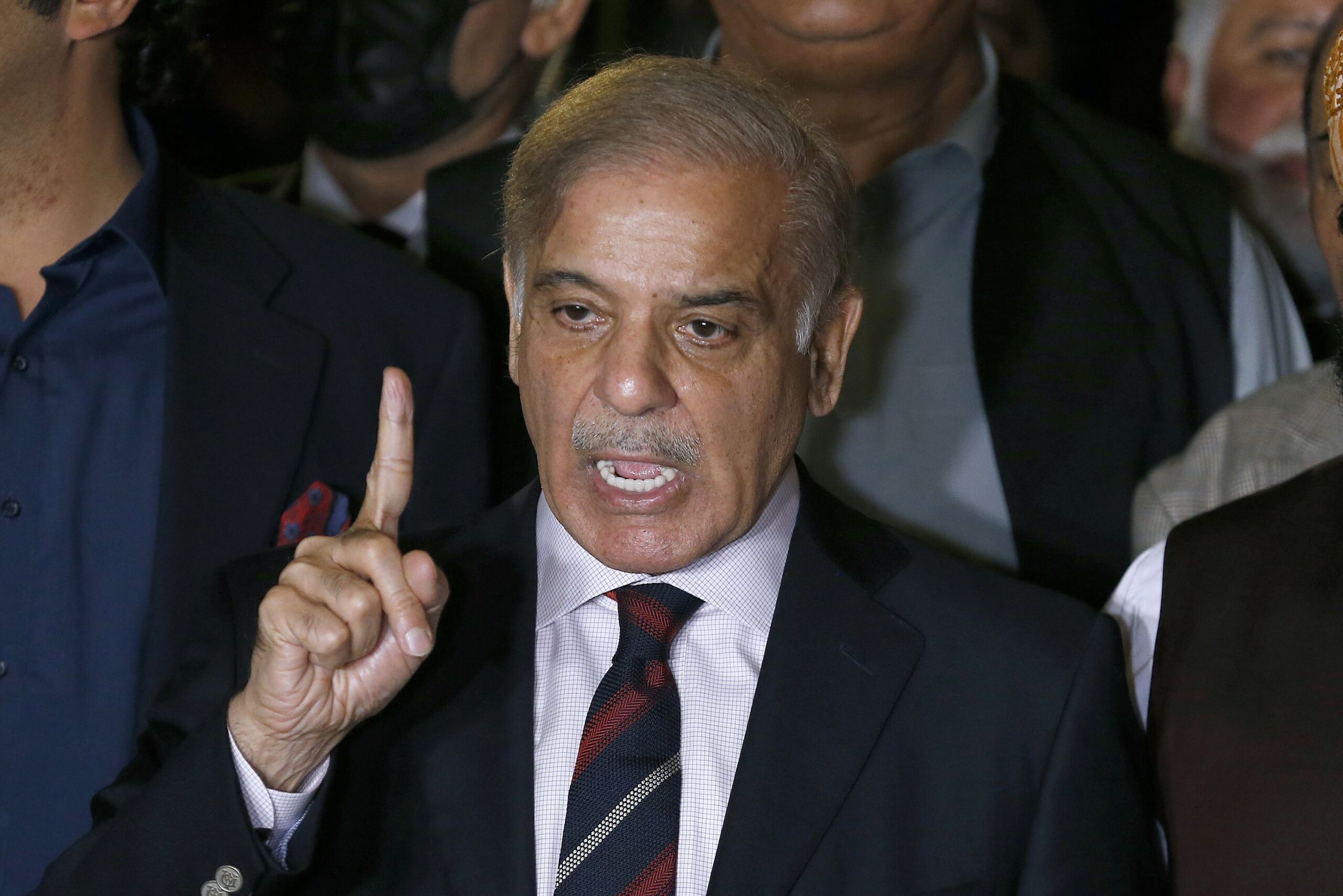Mubashir Nadeem
Shehbaz Sharif’s return to the Prime Minister’s office in Pakistan presents a complex picture, filled with both potential and pitfalls. While his experience and administrative skills offer hope, significant challenges loom, demanding a critical evaluation of his strengths and weaknesses in navigating this crucial juncture.
Strengths:
- Proven Administrator: Sharif’s track record as Chief Minister of Punjab showcases his “can-do” attitude and successful infrastructure projects. This ability to execute plans could be vital for tackling Pakistan’s infrastructure deficit and boosting economic growth.
- Coalition Management: His past success in leading a fractious coalition suggests an aptitude for building consensus and managing diverse interests, crucial for maintaining his current parliamentary majority.
- IMF Deal: Securing the IMF bailout in his previous term demonstrates his understanding of the need for economic reforms and his ability to negotiate with international institutions.
Weaknesses:
- Economic Woes: The current economic crisis, with high inflation and stagnant growth, presents a formidable challenge. While inheriting some blame from the previous government, Sharif will need to address these issues swiftly and effectively to avoid public discontent.
- Coalition Stability: Maintaining internal cohesion within the disparate coalition parties will be critical. His ability to manage their competing demands and deliver on promises will determine the government’s longevity and effectiveness.
- Foreign Relations: Juggling ties with major powers like the US and China, while repairing strained relations with neighbors, requires delicate diplomacy. Missteps in this arena could have significant repercussions for Pakistan’s security and economic prospects.
Uncertainties:
- Public Perception: Can Sharif deliver on his promises and improve the lives of ordinary Pakistanis? Public support will be crucial for his government’s survival, and failing to meet expectations could fuel dissatisfaction and instability.
- Corruption Charges: While acquitted in some cases, corruption allegations continue to dog Sharif. Maintaining transparency and accountability will be necessary to counter these accusations and prevent them from undermining his legitimacy.
Shehbaz Sharif’s second term as Prime Minister is fraught with challenges. While his strengths offer a glimmer of hope, his success will depend on his ability to address the economic crisis, manage the coalition effectively, and navigate the complexities of foreign relations. The upcoming months will be crucial in determining whether his leadership can usher in stability and progress for Pakistan or succumb to the weight of its many problems. While Sharif’s strengths offer hope, the significant challenges and uncertainties demand careful navigation. His success will depend on his ability to unite the country, implement difficult reforms, and navigate complex foreign relations. Only time will tell if he can effectively address these challenges and usher in a new era of stability and prosperity for Pakistan.
Lastly, Shehbaz Sharif’s return presents a mixed bag of prospects. His experience and leadership qualities offer a glimmer of hope, but the gravity of the challenges cannot be understated. Successfully navigating these uncertainties will require not only decisive action but also a clear vision for the future, transparency in governance, and a commitment to addressing the root causes of Pakistan’s problems. Only then can his leadership truly bring about positive change and a brighter future for the nation.
It is important to note that the writing is subject to the valid mandate of PMLN and others.














